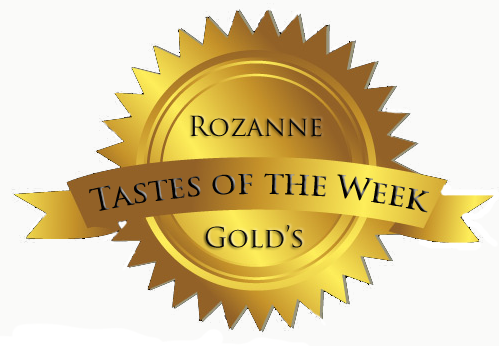 Dearie: The Remarkable Life of Julia ChildBy Bob Spitz
Alfred A. Knopf (August 2012)
Dearie: The Remarkable Life of Julia ChildBy Bob Spitz
Alfred A. Knopf (August 2012)
I knew Julia up close: I cooked for her; shared dozen of meals in a variety of cities; drank vintage wine and listened to music together, and celebrated with friends at book parties, engagement parties and restaurant openings (sometimes our own). I worked in the industry dominated by Julia's spirit and accomplishments for most of my career as a professional chef. So it was with avid interest that I devoured her life's story whole. Dearie: The Remarkable Life of Julia Child -- told with affection and reverence by author Bob Spitz - lifts an American icon from the cauldron of celebrity into a dish of comfort food. The book chronicles an appealing personal journey defined by obstacles, perseverance, and an endearing quest to satisfy her many appetites.
Spitz, who distinguished himself as the über-biographer of The Beatles, is a rightful heir to Julia's life story. Not only were they colleagues who traveled, ate, and gossiped a bit, but Mr. Spitz's keen insights and artistry, help tell her story through a historical prism that spans a century. The book, to be released this week (to coincide with what would have been Julia's 100th birthday on August 15th), illuminates the shifts in culture, cuisine, customs, and class, and examines the struggles of a woman, born in California in 1912, searching for identity. The book is hard to put down, despite its heft (557 pages), but few lives are worthy of such delicious scrutiny.
Julia's life, while charmed and privileged, came with its own profound struggles for self-identification and meaning. I was struck by the meandering of Julia's journey - until her thirties, when she enlisted in the war effort as an office worker for the OSS. The underbelly of her early story includes a lackluster attitude towards school (with grades to match at Smith), a spiritual yearning that never seems to materialize, a jagged relationship with her ultra-rich, ultra-conservative father, and the subsequent idealization of men. Despite all of it, what becomes crystal clear is Julia's extraordinary self-confidence and almost super-human work ethic that continued until her late eighties when she was still master of stage and TV screen. Mr. Spitz, however, does not shine Julia up for public consumption; he keeps her flaws and foibles intact. Julia's husband, Paul Child, emerges as an equally compelling personality, one who was hugely responsible for who, and what, Julia became. "Paul filled a hole in Julia's development," Mr. Spitz observes. Her story is also a powerful look at the allure of food that today is perhaps too available to all of us. For Julia it was that first meal in Rouen, France - a fish, cooked in butter and parsley, with insouciant simplicity, at La Couronne in 1948 -- that hypnotized her.
For a Pasadena society girl to ultimately find a calling when nearing 40 is an interesting enough read, but to become a media icon at age 50 is quite another story. All 6 feet, 3 inches of Julia emerged on television in homes all over America, and from that time forward -- more than three decades worth -- we were treated to indelible images of omelettes, a chorus line-up of raw chickens, bubbling copper sautoirs of boeuf bourguignon, laughter, and learning.
Even more than her recipes, however, was her out-sized personality that served generations of women well beyond the kitchen. (It is interesting to note that Betty Friedan's "The Feminine Mystique" was published around the same time as Mastering the Art of French Cooking.) In Dearie, Julia's multi-generational imprint on what then was our gastronomically myopic culture is expertly textured by Mr. Spitz, who makes Julia's personal and professional trajectory of targeted historical importance. Whether or not you grew up watching Julia on TV, or ever mastered the art of French cooking, you will no doubt get a vicarious culinary education by the book's end. Julia's dining experiences, cooking adventures, and culinary travails are enough to make you swoon.
Julia encouraged Bob to write her story. Unhappy with an earlier biography, Appetite for Life, written in 1997 by Noël Riley Fitch, Julia felt that she appeared lifeless and "already dead." Gauging by the multitudinous events slated for the 100th birthday celebration of Julia this week, this month, and in the coming months - including an all-day seminar at Radcliffe, the re-opening of Julia's Kitchen at the Smithsonian, and hundreds of restaurants dishing up Julia's favorite recipes -- Julia has never been more alive in the hearts and minds of those who grew up with her and ate and drank her dreams. Dearie: The Remarkable Life of Julia Child is then, a much-appreciated, well-timed gift to us all.
